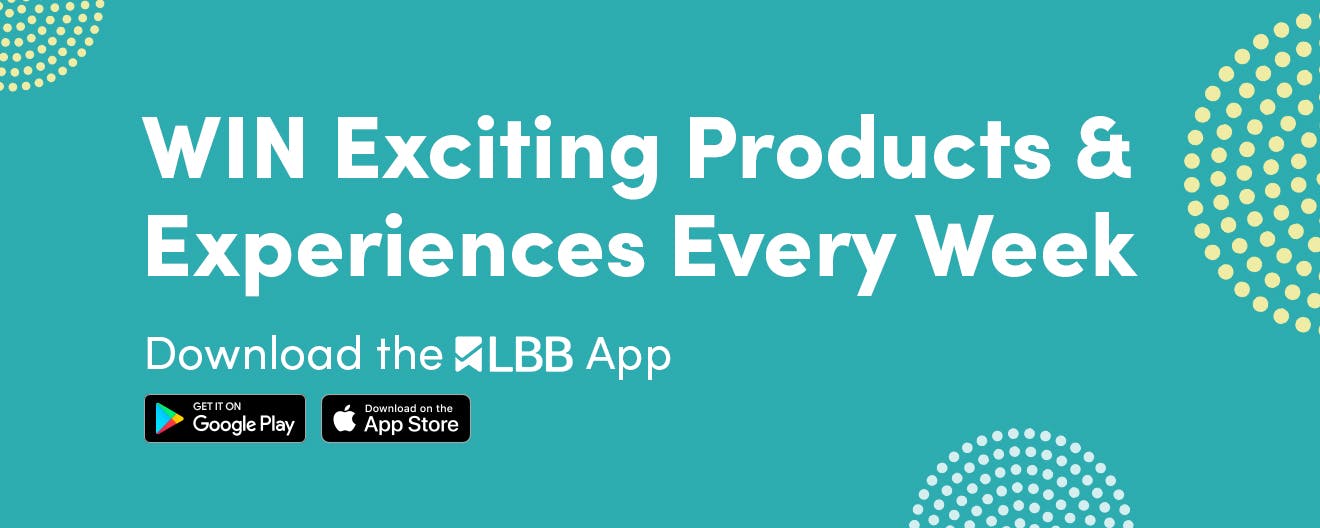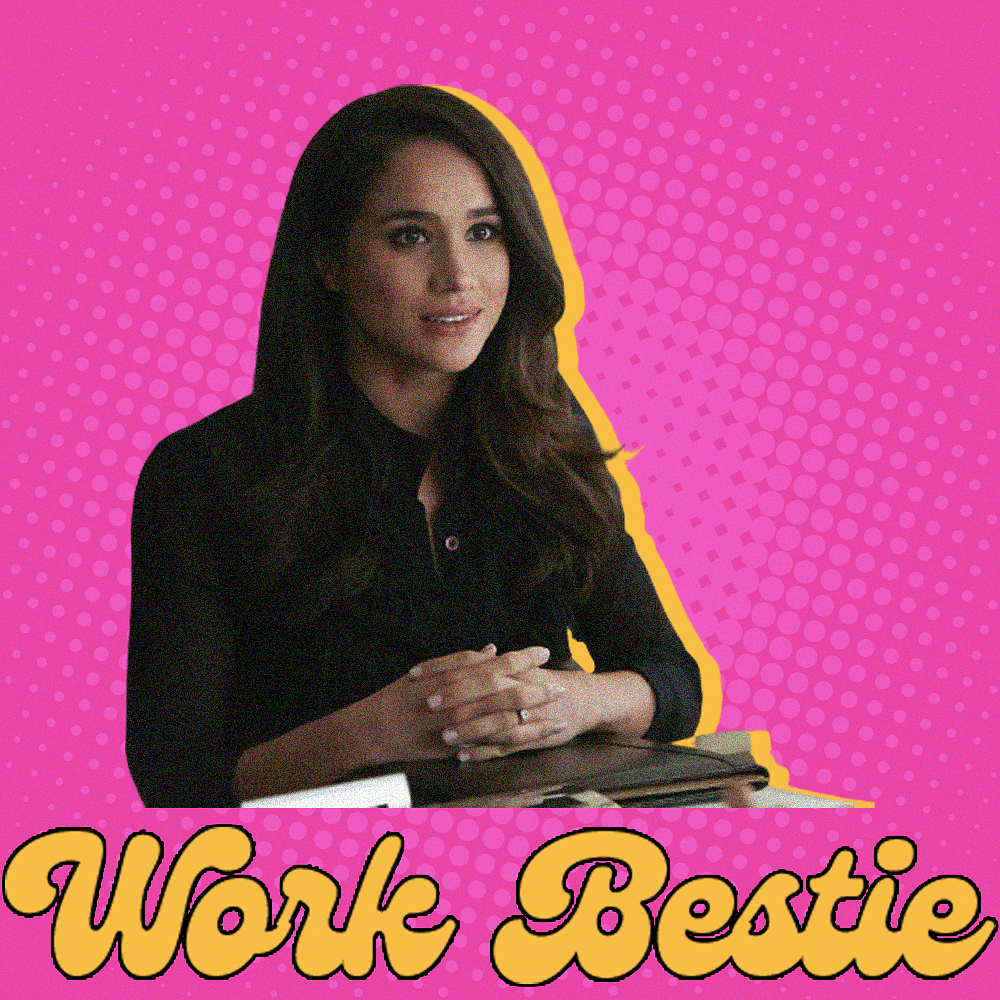Sometimes, no matter how hard you try, you cannot shut your brain off. You’ll keep going back to that one nagging thought that just won’t leave you alone. And this spiral of overthinking is usually accompanied by an even more nagging and annoying thought, ‘Am I overthinking this?’ ‘Am I overreacting?’ ‘Wait, am I underreacting?’ You get the gist.
Your unhinged group chat with your friends can come to your rescue, but sometimes it can feel like the blind leading the blind. And maybe, they are going through their own thing and just do not have the mental bandwidth to take on your spirals on top of their own unending spirals.
So, what do you do? Who do you go to? There’s no need to slide down the wall as the shower masks your tears, you can just ask me! As someone who has been around for a while, has seen a lot of spirals and A LOT of therapy, I might just be able to help you. And this month, a question we all have Googled at some point in our career—how to stand out in an interview.

